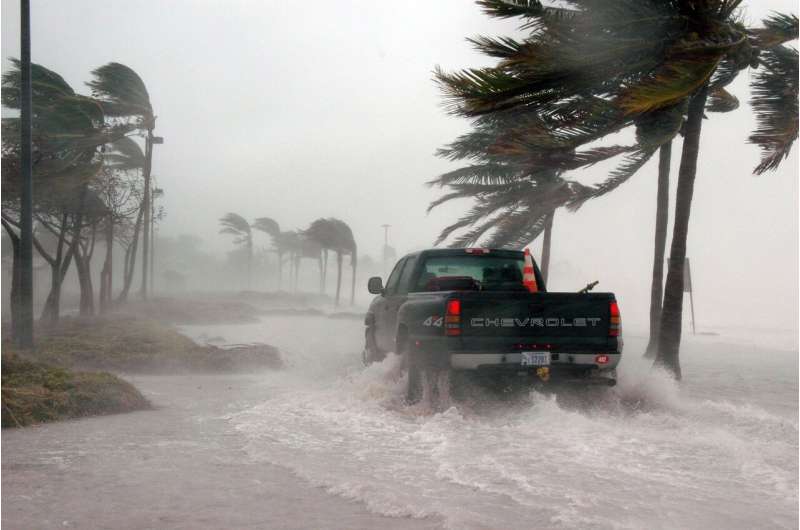Living in Hurricane-Flooded Areas Increases Mortality Risk Among Older Adults by 9%

Living in hurricane-affected flood zones increases the long-term mortality risk for older adults, with a 9% higher risk observed up to five years post-disaster. Research highlights the importance of regional disaster preparedness and long-term health interventions for vulnerable seniors.
Recent research highlights the long-term health impacts of residing in regions affected by hurricanes and flooding. The study focused on areas impacted by Hurricane Sandy in 2012, which caused widespread destruction across the northeastern United States, including transportation disruptions, property damage, and power outages. While immediate threats of disasters are well understood, less is known about their prolonged health effects, especially on vulnerable populations.
Scientists investigated whether older adults who remained in flood-affected areas faced increased mortality risks over the following years. The findings revealed that older residents living in flooded regions experienced a 9% higher risk of death from any cause up to five years after the hurricane, compared to those living in unaffected zones. This underscores the importance of considering long-term health consequences when managing disaster response and recovery.
The study examined nearly 300,000 Medicare beneficiaries aged 65 and above, residing within specific zip codes in New York, New Jersey, and Connecticut, with some areas heavily impacted by flooding. Researchers controlled for various demographic factors such as age, gender, race, and socioeconomic status. They found that flood exposure was linked to increased mortality risk, especially in regions like Connecticut and New York City, where mortality increased by 19% and 8%, respectively.
Interestingly, regional differences were observed, with Connecticut showing the highest long-term mortality increase despite its higher average income and less demographic overlap with urban centers like NYC. The reasons for regional variation remain unclear but may involve factors like infrastructure resilience, regional policies, and specific disaster response strategies.
These findings emphasize the significance of regional and long-term planning in disaster preparedness, especially for older populations who are more susceptible to health declines post-disaster. Future efforts should incorporate targeted interventions to mitigate ongoing health risks to vulnerable residents in flood-prone areas.
Source: https://medicalxpress.com/news/2025-08-hurricane-areas-older-adults-mortality.html
Stay Updated with Mia's Feed
Get the latest health & wellness insights delivered straight to your inbox.
Related Articles
First US Patient Receives Innovative Radiopharmaceutical Treatment for Advanced Breast Cancer
Mayo Clinic has treated the first U.S. patient with a novel alpha-emitting radiopharmaceutical therapy for metastatic breast cancer, marking a significant step in targeted cancer treatments as part of an ongoing clinical trial.
Understanding T Follicular Helper Cells: The Key to Flexible Immune Responses
New research reveals how T follicular helper cells adapt their behavior to efficiently regulate immune responses, paving the way for advanced vaccines and targeted immunotherapies.
Restoring Muscle Stem Cell Function to Combat Age-Related Frailty
New research shows that Prostaglandin E2 can rejuvenate aged muscle stem cells, improving muscle regeneration and strength in older individuals, offering promising strategies against age-related frailty.
Enhanced Infant Attention When Combining Words, Gestures, and Spatial Language, Study Finds
New research shows that babies pay longer attention when parents combine words, spatial language, and gestures, supporting early cognitive development.



